About CZEDUCON
CZEDUCON is a platform for experts and practitioners in the field of internationalisation of higher education institutions. The first CZEDUCON conference took place in 2018 and since then it has become the largest event of its kind in Central Europe, annually welcoming hundreds of participants and hosting tens of sessions and workshops. The conference is organised by the Czech National Agency for International Education and Research (DZS) and the programme of the conference is in English.
In 2023, DZS is hosting the fifth edition of CZEDUCON, and it is held on November 21 – 23 in Brno. The aim of the conference is to create a platform for cultivating international cooperation and education in the higher education sector and to help to develop new opportunities for sharing good practice and finding solutions to internationalisation challenges.
Keynote speakers
Among speakers and panellists, we expect to welcome representatives of and practitioners from European higher education institutions, representatives of the European Commission as well as representatives of national agencies and other experts on the topics of the conference.
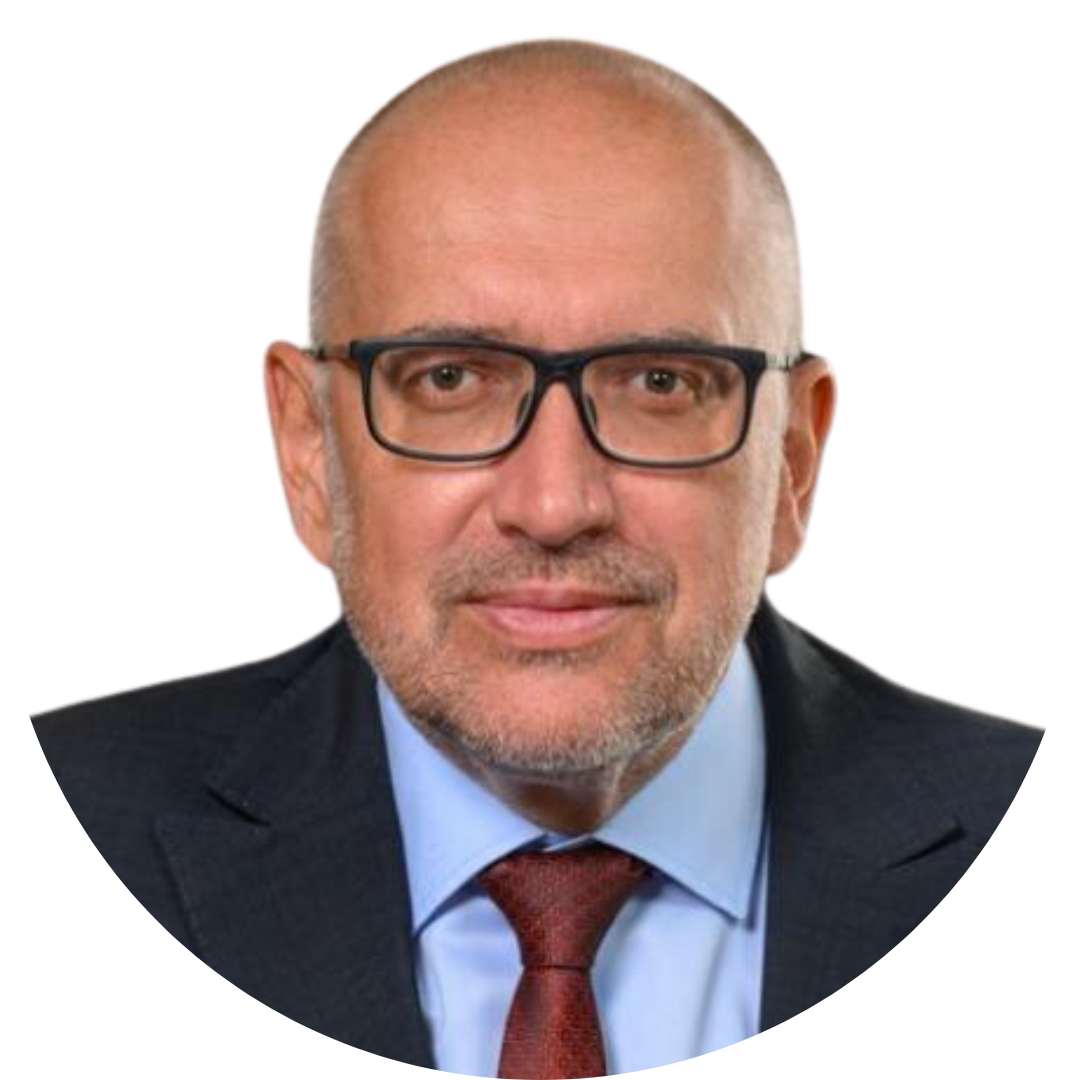
Mikuláš Bek
Minister of Education, Youth and Sports
From 2011 to 2019, Mikuláš Bek served for two terms as the rector of Masaryk University. He also held the position of vice-president of the Czech Rectors Conference for education and represented the Czech Republic in the council of the European University Association. In 2018 he was elected senator for the constituency of Brno-město and became Vice-Chairman of the Senate Committee on European Union Affairs; in 2020 he was elected its chairman. Prior to his appointment as Minister of Education, Youth and Sports in May this year, he served in the Government as Minister for European Affairs and successfully led the Czech Republic through the EU Council Presidency in the second half of 2022.
Piet Van Hove
President of the European Association for International Education
Piet Van Hove is the President (2022-24) of the European Association for International Education (www.eaie.org) and Senior Policy Advisor for Internationalisation at the University of Antwerp, where he previously studied Law. He has been active in internationalisation of higher education since 1995, dealing with different aspects of internationalisation, including student and staff mobility, capacity building, services for international staff and students, international educational projects and strategic networking.
Piet has been active in the leadership of several professional associations and nonprofits at the national and international level for many years, such as Flanders Knowledge Area, the Academic Cooperation Association (ACA), the NGO APOPO and the EAIE. He currently serves as an independent Director of ILEP Ltd. (Taith Programme).

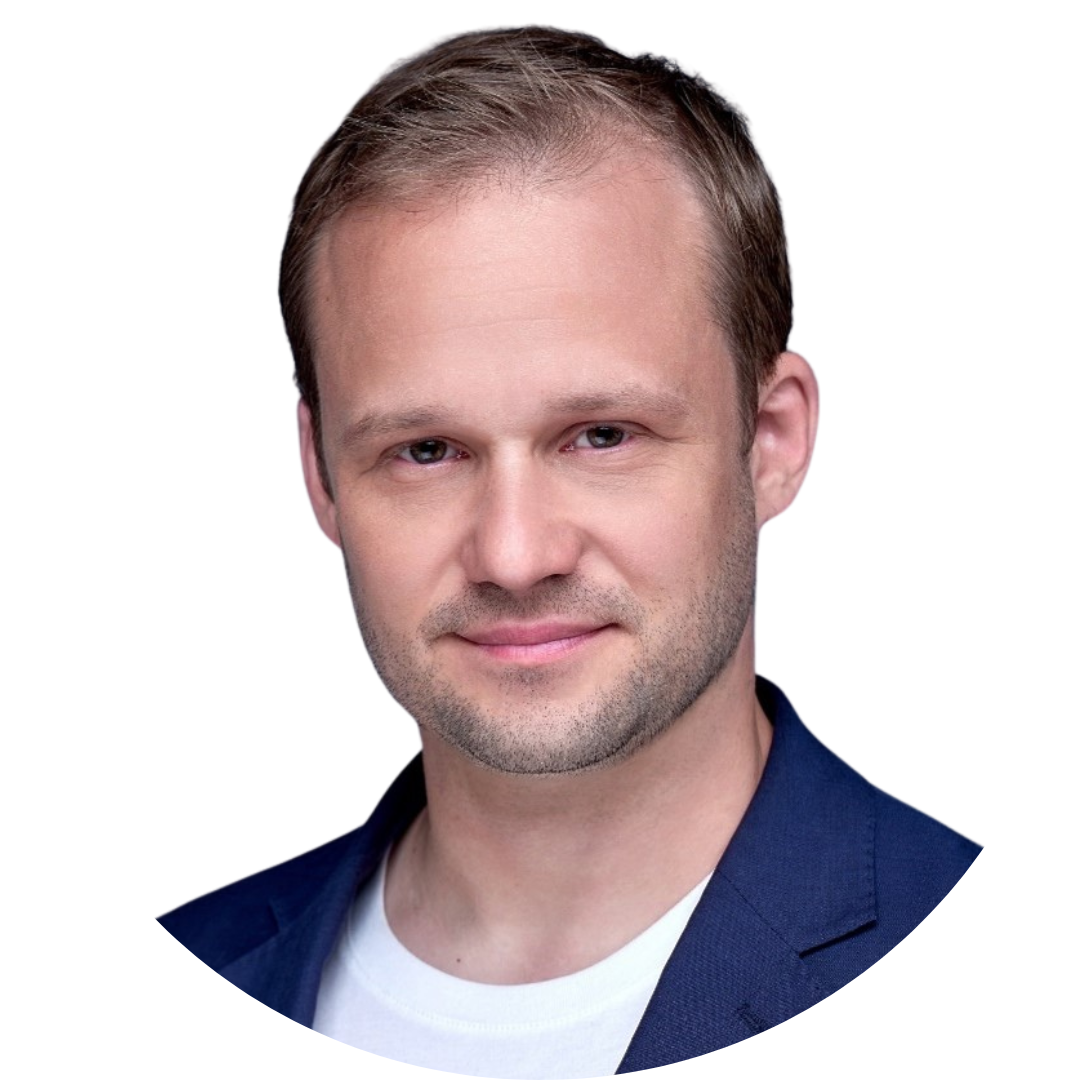
Michal Uhl
Director of DZS – Czech National Agency for International Education and Research
Michal Uhl has been working at the Czech National Agency for International Education and Research (DZS) since 2016. He participated in the strategic development of the organization from the position of Deputy Director, from 2022 he continues as Director of the institution. Prior to his work at DZS he had already dealt with issues of education and social policy through analytical and consulting positions at the Ministry of Education, Youth and Sports and the Office of the Government of the Czech Republic, where he focused mainly on the fields of civic education and gender equality.
Milena Králíčková
President of Czech Rectors‘ Conference
Milena Králíčková is the rector of Charles University. She graduated from the Faculty of Medicine in Pilsen at Charles University in Prague in 1996, after which she worked at the Department of Histology and Embryology and at the Department of Obstetrics and Gynaecology of the University hospital and Faculty of Medicine in Pilsen. In 1997 she was awarded by The Fulbright Commission Scholarship for the academic year 1998/1999 and she has worked at The Massachusetts General Hospital and Harvard in Boston, U.S.A. in the team of Reproductive Endocrine Unit. In 2016, Mrs. Králíčková became a professor of medical histology and embryology. She was the Vice Dean of the Faculty of Medicine in Pilsen between 2010 and 2014 and the Vice Rector for Education of Charles University between 2014 and 2022. She is the rector of Charles University since February 1st, 2022.


Filip Dřímalka
Expert on digital trends
Filip Dřímalka is a leading expert on digital trends and their implementation in companies. He founded the Digiskills.cz project, which develops digital skills of tens of thousands of employees in the CEE region, and the Digitask.cz project – the first marketplace of digital innovations and experts in the Czech Republic. He is the author of many innovations that today serve as the basis for development programs for the competences of the future. He wrote the first Czech book on digital transformation „HOT : How to succeed in the digital world“, and his second book „The future of No Work“ about what work will look like in the world of artificial intelligence has just been published.
Barbora Chattová
Scientist and lecturer
Barbora Chattová works at the Institute of Botany and Zoology of Masaryk University in Brno. She focuses on paleo-ecological studies and the study of algae in Antarctica. She has had the chance to be a member of three expeditions to Antarctica, and one to the Arctic.
She likes scientific work, and she enjoys to popularize it even more. She managed to win the Czech national competition in Science Slam, and participate in the European final. She considers the most important mission in life to be a positive influence and role model to dozens of young people, children and students on their life journey.
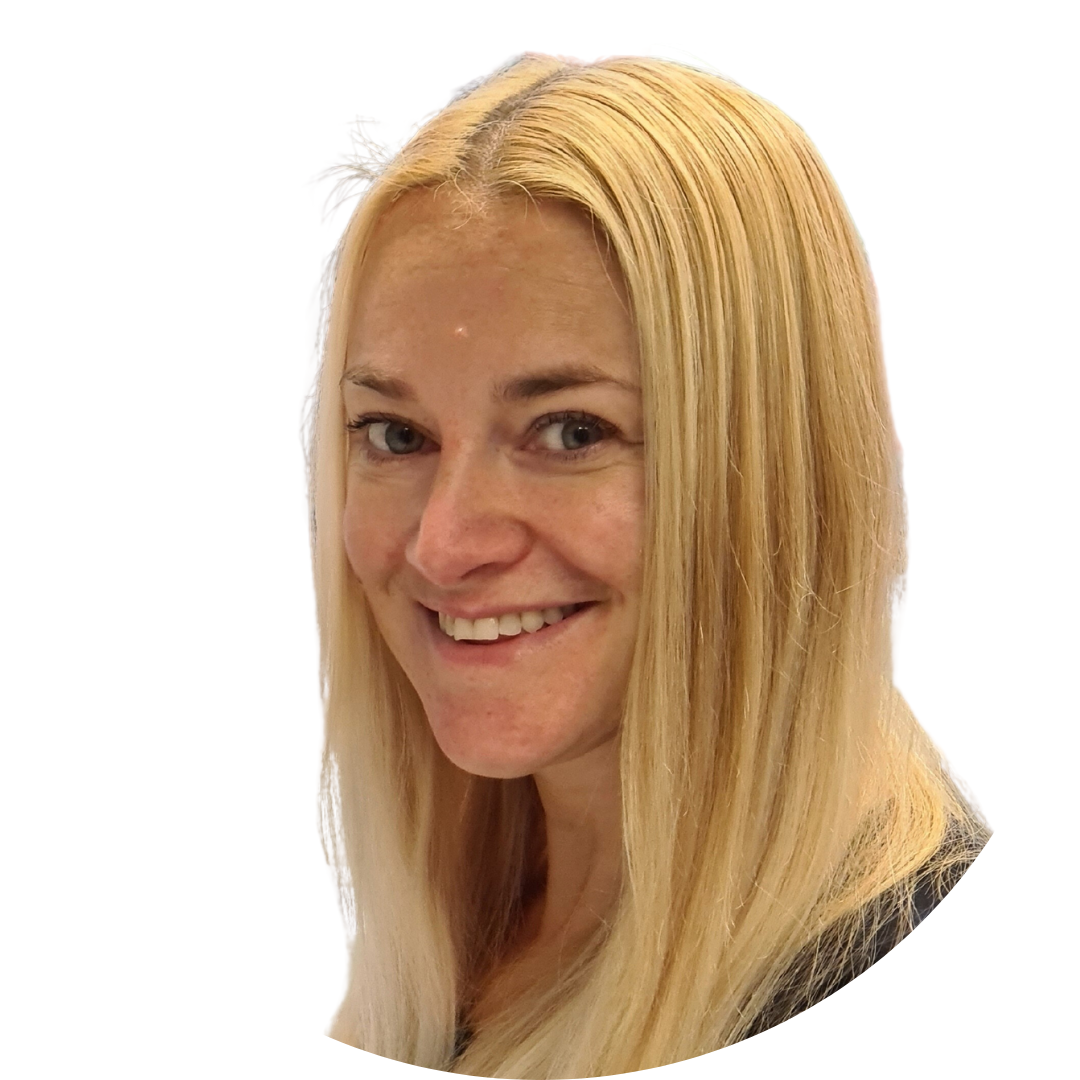
Main thematic areas
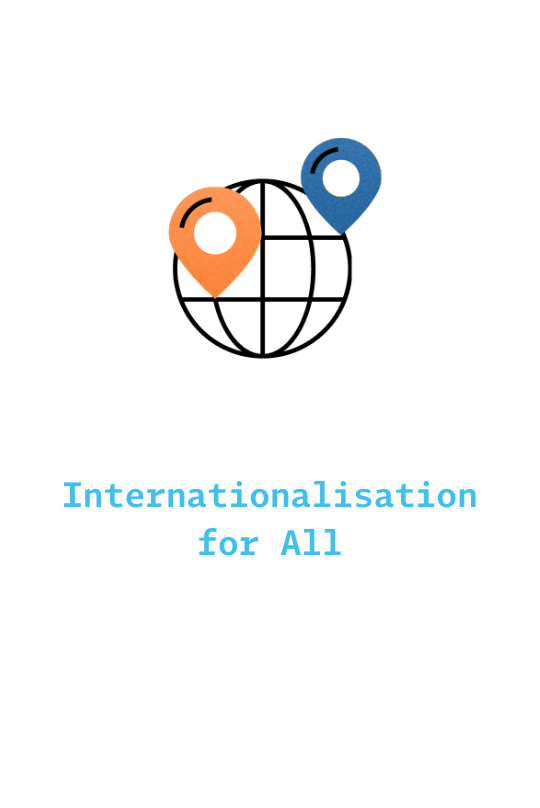
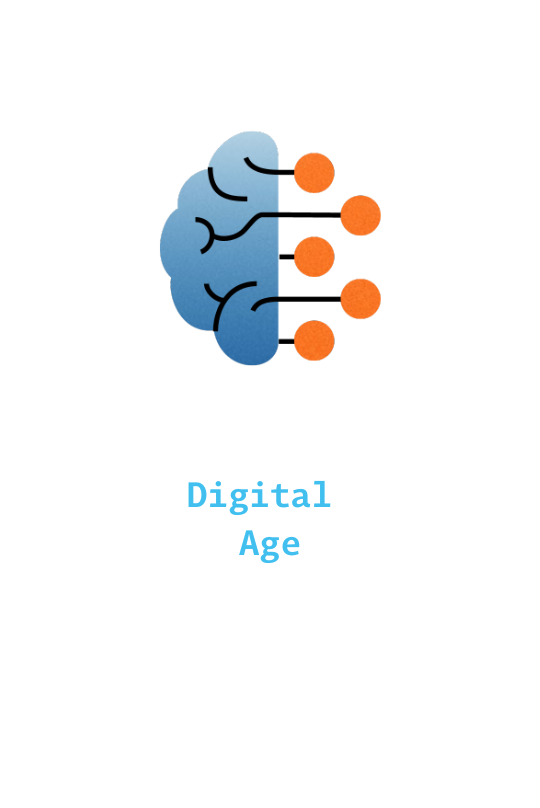
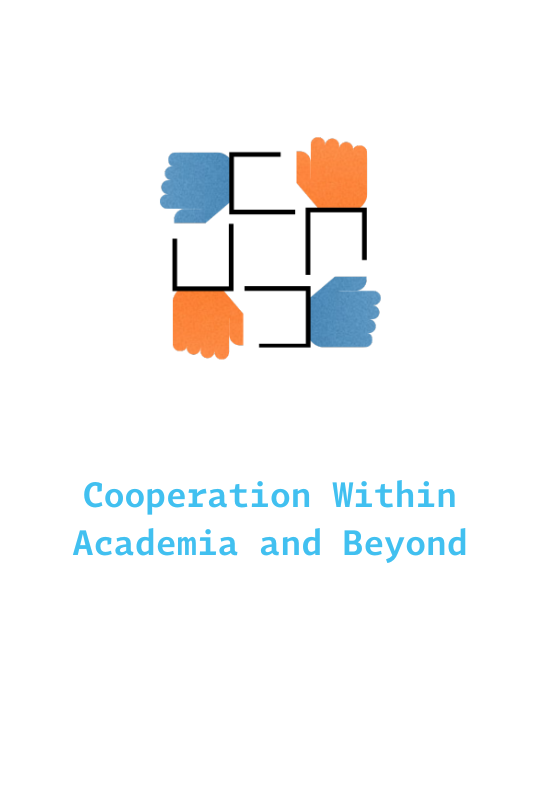
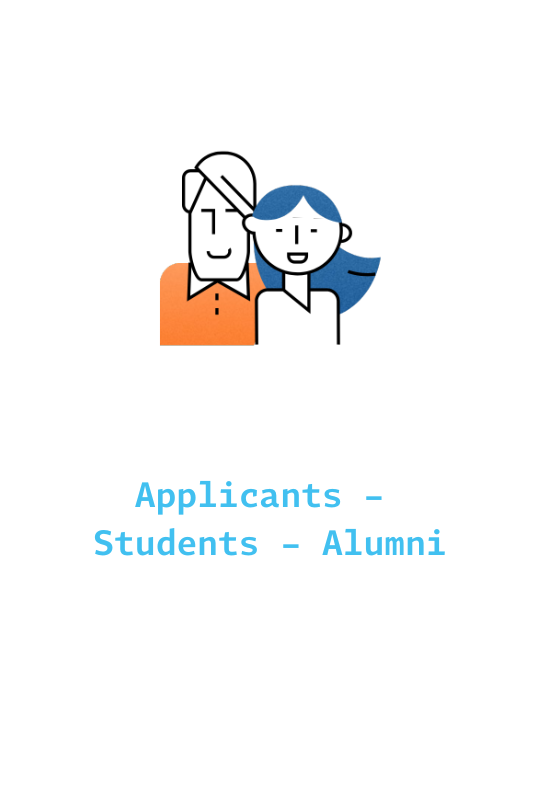
Internationalisation for AllInternational experience is meant for everyone, regardless of their age, social background, family situation, health, ability to travel abroad, and other circumstances. Let’s look into students’ wellbeing, administrative and other barriers in international student support, welcome services, ESN, internationalisation at home, internationalisation of the curriculum, and communication with students with fewer opportunities and students with refugee background. How to identify these students and reach out to them? How to learn about and meet their needs? An equally important group is staff who can gain international experience by participating in staff mobilities, and by teaching international students. They need, however, to be met half-way when arranging their mobility and tackling a temporary absence from workplace. As for teaching international students, institutional support is also highly important. How to motivate and help staff to enhance the international dimension of their practice?
|
|
Digital AgeDigital technologies have significantly impacted the way we learn and teach. As technology continues to advance, digital competencies and instruments, such as AI, have become an integral part of both academic and professional life. Educational institutions are expected to embrace the digital age and take advantage of the benefits and new opportunities it brings. These range from digitalisation of administration to virtual teaching and learning. What are the current challenges and good practices regarding digital administration? How to motivate and support teachers and students who partake in online tuition? Moreover, digital transformation plays a role in achieving other priorities in higher education, such as inclusion, diversity, accessibility, and affordability, e.g., via blended mobilities and virtual exchange programmes. How can we best leverage digital tools for a greater inclusion? |
|
Cooperation Within Academia and BeyondUniversities are key drivers of education, research, and innovation progress. To foster knowledge exchange, research collaboration and student mobility, international cooperation is a must. What are the latest trends in enhancing cooperation in education and research at a European and global level? How to cope with evolving forms of transnational cooperation in the higher education sector, such as blended intensive programmes, joint degrees, and mutual recognition? Let´s examine various models of international collaboration, including (but not exclusively) the ambitious European Universities Initiative and possible synergies between European Education and European Research Area. |
|
Applicants – Students – AlumniWorking with international students starts before their enrolment at the university, and, ideally, never ceases. One works with them not only during the decision-making phase, the admission process, and throughout their studies, but also afterwards through alumni agendas. All these stages create a cycle. Inherently, different needs arise in each state for the student, and they must be addressed. It stands to reason that marketing and continuous work at the local, regional, and national levels are closely tied to this, and are of great importance. What are the tasks during the individual phases of the cycle? And why is it essential to approach working with students as a cycle?
|
Internationalisation for All
International experience is meant for everyone, regardless of their age, social background, family situation, health, ability to travel abroad, and other circumstances. Let’s look into students’ wellbeing, administrative and other barriers in international student support, welcome services, ESN, internationalisation at home, internationalisation of the curriculum, and communication with students with fewer opportunities and students with refugee background. How to identify these students and reach out to them? How to learn about and meet their needs? An equally important group is staff who can gain international experience by participating in staff mobilities, and by teaching international students. They need, however, to be met half-way when arranging their mobility and tackling a temporary absence from workplace. As for teaching international students, institutional support is also highly important. How to motivate and help staff to enhance the international dimension of their practice?
Digital Age
Digital technologies have significantly impacted the way we learn and teach. As technology continues to advance, digital competencies and instruments, such as AI, have become an integral part of both academic and professional life. Educational institutions are expected to embrace the digital age and take advantage of the benefits and new opportunities it brings. These range from digitalisation of administration to virtual teaching and learning. What are the current challenges and good practices regarding digital administration? How to motivate and support teachers and students who partake in online tuition? Moreover, digital transformation plays a role in achieving other priorities in higher education, such as inclusion, diversity, accessibility, and affordability, e.g., via blended mobilities and virtual exchange programmes. How can we best leverage digital tools for a greater inclusion?
Cooperation Within Academia and Beyond
Universities are key drivers of education, research, and innovation progress. To foster knowledge exchange, research collaboration and student mobility, international cooperation is a must. What are the latest trends in enhancing cooperation in education and research at a European and global level? How to cope with evolving forms of transnational cooperation in the higher education sector, such as blended intensive programmes, joint degrees, and mutual recognition? Let´s examine various models of international collaboration, including (but not exclusively) the ambitious European Universities Initiative and possible synergies between European Education and European Research Area.
Applicants – Students – Alumni
Working with international students starts before their enrolment at the university, and, ideally, never ceases. One works with them not only during the decision-making phase, the admission process, and throughout their studies, but also afterwards through alumni agendas. All these stages create a cycle. Inherently, different needs arise in each state for the student, and they must be addressed. It stands to reason that marketing and continuous work at the local, regional, and national levels are closely tied to this, and are of great importance. What are the tasks during the individual phases of the cycle? And why is it essential to approach working with students as a cycle?
Past conferences
2022
On the occasion of the Czech Presidency of the Council of the EU, the fourth CZEDUCON conference was, for the first time, elevated to the European level. The conference attracted over 450 people who shape the European educational space and decide on its future form. Together, they discussed the development of strategies and policies in the field of higher education.
2021
The third CZEDUCON conference took place a year later than planned due to the pandemic. The theme of the conference was (Un)prepared for change. Both Czech and international experts explored new challenges that higher education faced, whether caused by the pandemic or other reasons. The conference was held online, with over 700 participants.
2019
The second annual CZEDUCON conference with a focus on internationalisation of higher education hosted over 500 participants who could choose from 42 speeches, panel discussions and workshops by 70 speakers. Among the main speakers were EAIE President Sabine Pendl, global higher education strategist Rahul Choudaha or ACA President Ulrich Grothus.
Contact
For more information please contact us at
czeducon@dzs.cz or +420 221 850 100
















